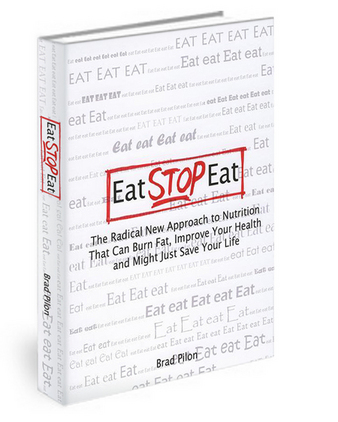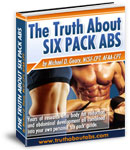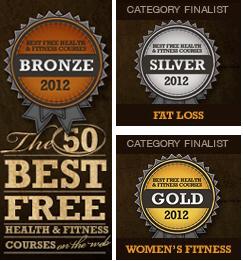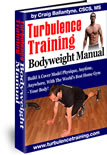Lingering Myths About Fasting
When people consider the subject of fasting, there’s a lot of misinformation and myths surrounding this practice and it can sometimes make it difficult to get to the realities of the health benefits of Fasting.
Fasting has been around since ancient times, and many of the first references to it come from that old tome known as the Bible.
People knew even back then the many and varied benefits one can derive from fasting, whether it be for short or longer periods of time.
There are many examples from all religions that detail the benefits of fasting from a spiritual perspective, but there are also many other benefits to be realized from a health and wellness standpoint.
So, let’s take a look at seven of the longer-standing myths that accompany the practice of fasting.
 1. Fasting is a religious activity.
1. Fasting is a religious activity.
Not necessarily. Many devoted holistic health practitioners employ some form of fasting into their health regimen, whether it is for cleansing or for weight loss help.
2. You can fast in many ways.
Partially true, but the spirit of this gets us thinking in the wrong direction. The purpose of a fast isn’t to necessarily “fast from chocolate for a day”, but to be part of a well-thought out health plan that emphasizes a total health solution. Many people decide to fast from whatever their latest obsession is, in the hopes that this will somehow help.
3. Juice fasting is a great way to go.
I would take issue with this. To me this isn’t really a fast, just another fad diet trick. The increased amounts of natural sugars can cause spikes in insulin, which in the absence of other foods being ingested can bring on other unwanted side effects.
4. Long-term fasting can rid the body of toxins.
Not true. Long term fasting can deplete the body of many, many necessary and vital nutrients, and bring on a host of associated problems due to the body’s inability to fight off anything. There is a reason people die from long term fasts.
 5. Political fasting is a viable way to make a point.
5. Political fasting is a viable way to make a point.
Doing a prolonged fast for a political cause is one of the worst ways to make a point. Short, one or two day fasts are sufficient, but probably don’t have the sensational aspect political believers seek.
6. Fasting is only for medical purposes.
Not true. While there are valid medical reasons when a fast is recommended, such as before surgery or blood tests, there are other useful benefits of fasting.
7. Fasting is way too hard.
Again, not true! A one or two day fast can be accomplished with no problem by almost anyone.
Fasting can be a useful tool to aid in a total health plan. Done correctly there are virtually none of the popular “side effects” such as light-headedness or weakness.
So, don’t be derailed by fears and myths and you’ll find that fasting can, in fact, be a healthy addition to your health, fitness, fat loss or muscle building regime!
~~~~~~~~~~~~~~~~~~~~~~~
 To find out more about the health benefits of Intermittent Fasting and how to do it correctly, I invite you to head over to my Interview with Brad Pilon, author of “Eat Stop Eat”.
To find out more about the health benefits of Intermittent Fasting and how to do it correctly, I invite you to head over to my Interview with Brad Pilon, author of “Eat Stop Eat”.
Brad debunks even more myths and explains in detail how to properly practice Intermittent Fasting …
Plus, Brad clarifies how it really CAN help you keep your weight loss goals on track and even help with your muscle building strategies.
Hey, I do it all the time and it really helps me live a normal life without obsessing about food all the time (just sayin’ …).
LISTEN HERE ==> Interview with Brad Pilon, author of “Eat Stop Eat”
Or, if you’ve already heard the interview and just want to get started, go here:
==> Get “Eat Stop Eat” Now
Sick of dieting? Start Living!! Eat Stop Eat.
Have a fit, fun and fantastic day.
Girlwithnoname
9385
Comments Off on Lingering Myths About Fasting















